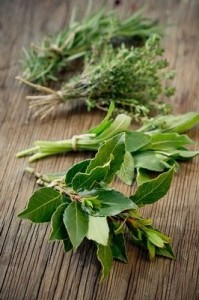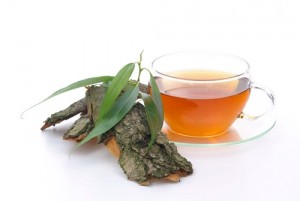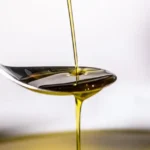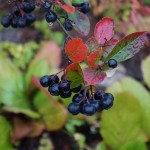Herbal Pharmacy For Headaches
There is no natural or pharmaceutical therapy that can act on every type headache. However, there are several herbs that can help in relieving different types of headaches.
Laurel, (Laurus nobilis). Laurel contains compounds known as parthenolides that are very useful in the treatment of migraine. Although the mechanism of headaches is not completely explained, it seems that causal role is a release of the neurotransmitter serotonin fro the blood. Parthenolides inhibit serotonin liberated from blood cells.

Feverfew, ( Tanacetum parthenium ). According to experience in natural medicine, feverfew acts almost to two thirds of those who constantly use it against headaches. As effective tool against headaches, feverfew is mentioned in studies published by the British medical journal.
For the treatment usually are used fresh leaves of this plant, from one to four leaves per day. However, in a fresh form, the leaves don’t have a very pleasant taste and can cause sores in the mouth. It is therefore recommended drinking tea from this herb, and prepared from several leaves (2-8) with one cup of boiling water. Tea should not be cooked, because it can can break down parthenolides,just leave the leaves to infuse over 20 minutes. Feverfew should not be used by pregnant women and nursing mothers.
Willow, bark ( Salix, various species ). When herbalist speak for Willow as herbal aspirin, then they think of the white willow (Salix alba). But this species has little salicin, a chemical compound which is located in the bark, like aspirin, which relieves pain. If you want a stronger tool, then in the form of tea, use the following species: Salix daphnoides, Salix fragilis and Salix purpurea.

Usually it is recommended intake of 60 to 120 mg salicin to treat headache, that is 1 teaspoon of bark with high concentration salicin or 1 to 1 ½ teaspoon of white willow. More than 86% of salicin is absorbed in the digestive tract, and thus provides the required level of the chemical in the blood for several hours.
If you are allergic to aspirin you should not use willow bark.
Common evening primrose ( Oenothera biennis ). This herb is the best source of phenylalanine, an amino acid that is found in breast milk. This compound has antidepressant effects and is used against pain. For those with chronic headaches, nutritionists recommend a daily dose of 6-8 capsules of night primrose oil.
Sunflower seeds are also rich in phenylalanine, and smaller amounts can be found in: beans, soybeans, peanuts, lentils and spinach.
Garlic ( Allium sativum ) and Onion ( Allium cepa ). Cells in blood platelets responsible for blood clotting are also are responsible for headaches.
Certainly no one should completely destroy these platelets, because without them can be bled to death. However, if you reduce their activity that can lead to the prevention of migraine. Nutritionists recommend a large intake of garlic and onions, because these herbs diluting the blood and thus reduce platelet activity. For the same reasons, garlic and onions are recommended for cardiovascular diseases.
Ginger ( Zingiber offcinale ). People from Asia often use ginger to prevent headaches. Because ginger is sweet for health in many ways, you can use it against headaches, in dry or fresh form. Sufficient are about 5 grams grated ginger, or 500 mg of dry ginger in a capsule.
For greater effectiveness, ginger can also be combined with other healing herbs: the combination with turmeric has anti-inflammatory and many other medicinal properties.
Ginkgo ( Ginko biloba ). A medical study found that headaches may disappear if we have increased brain circulation. Actually, Ginko is doing right that: improves blood circulation in the brain.
Peppers ( Capsicum, different species ). A hot ingredient in peppers-capsaicin, is also a wonderful pain reliever. Several studies reveal the fact that capsaicin inhibits the chemical that is responsible for transmitting the pain impulse. Chili peppers are the best source of salicylate, which like aspirin cure headaches.
Peppermint, ( Mentha piperita ). When mixed with a little alcohol and rubbed on the temples, peppermint oil helps in relieving the headache.You can add and the Lavender oil, Eucalyptus and Rosemary that will work together harmoniously. These oils are for external use.

Common Purslane, ( Portulaca oleracea ) and other foods that contain magnesium.
Nutritionists recommend increasing daily doses of magnesium because the lack of this mineral is found in people who suffer from chronic headaches.






